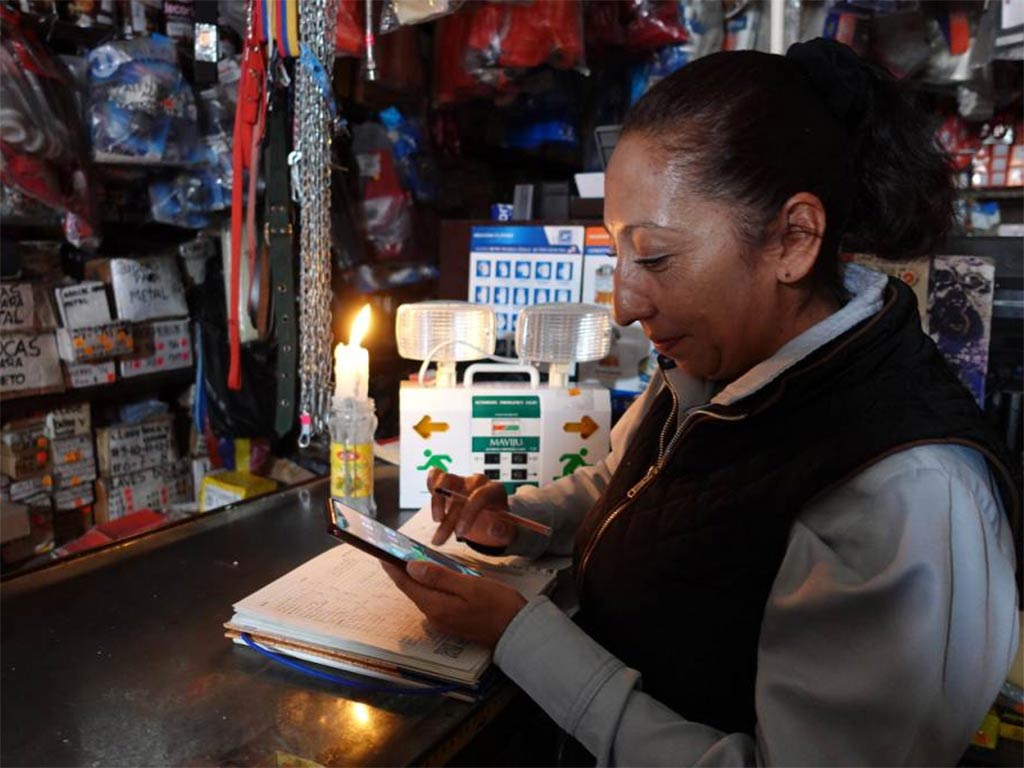The official acknowledged that this translates to losses of between 1.188 billion and 1.782 billion dollars, based on the national GDP for 2023. However, he stated that the Ecuadorian economy is projected to achieve “modest but positive growth” by the end of 2024.
According to the Minister, in an interview with the DNews channel, the blackouts, of up to 14 hours a day, greatly affected small and medium-sized businesses, while large companies managed to get ahead. In his opinion, the impact of the rationing “will be much less than what was thought.”
The government promised that blackouts for the residential sector will end this Friday, while seven large industries, such as mining and cement, will suffer power cuts until December 31st.
Ecuador faced extended power cuts since September 23rd due to the drought. The government was summoned to question the lack of timely measures to face the situation since citizens and experts have said that this problem could have been avoided because it was known that the severe drought was coming.
The idea was corroborated by Noboa’s former Energy Minister, Andrea Arrobo, who refused to defend herself in an impeachment process against her for fear of reprisals from the government.
In a letter sent to legislators, Arrobo said that if she publicly showed her conversations with the president, Daniel Noboa, she could prove that she warned him about the seriousness of the energy crisis and how she insisted on making it public so that the citizens would be prepared.
Arrobo was removed from office in April 2024 after five months of management and was accused by Noboa of alleged sabotage.
jrr/llp/rc/avr










